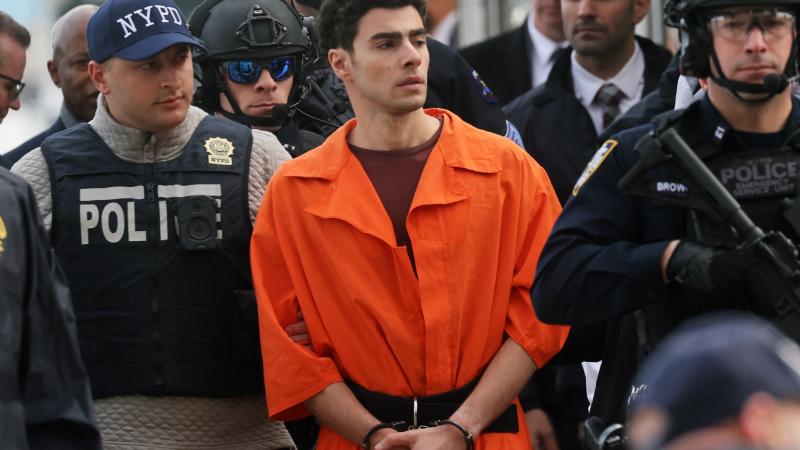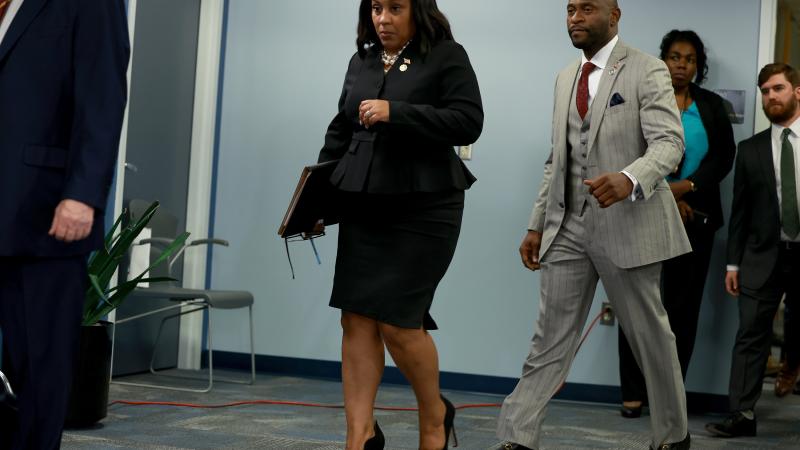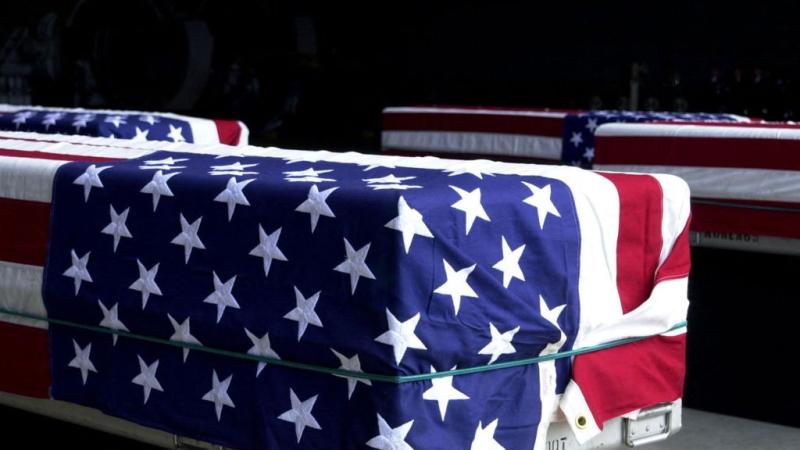Sandra Day O'Connor left behind a legacy of liberty and a civility long missing from SCOTUS
But She Persisted: During her time at Stanford Law, she worked on the board of editors for the Stanford Law Review, completed law school in just two years as opposed to the usual three and graduated third in her class. Despite her qualifications, Sandra Day O’Connor struggled to find employment in the legal field due to a heavy bias against women as attorneys. She joined the United States Supreme Court in 1981, the first woman to do so.
Few people in public life imported the values learned in childhood to their public policy making as did the late Sandra Day O’Connor. A true daughter of the Southwest, she grew up in an Arizona far from cosmopolitan trends and what some call “elite” East Coast values.
Instead, she grew up on an Arizona ranch called “The Lazy B,” where hard work was matched by a sense of obligation to the community. According to the archives of the Supreme Court of the United States (SCOTUS) “Although graduating near the top of her class in 1952, no law firm in California was willing to hire O’Connor as a lawyer due to her gender.” She was eventually hired by the County Attorney for San Mateo County.
Ascending to the Supreme Court was not her first “first.” In 1972, she became the first woman in the nation to hold the post of majority leader in a state legislature. As a legislator, O’Connor worked towards changing various state laws that discriminated against women, and helped repeal a 1913 Arizona statute prohibiting women from working more than eight hours a day. In 1979 Gov. Bruce Babbitt appointed her to the Arizona Court of Appeals, after which on the retirement of Justice Potter Stewart in 1981, President Reagan nominated O’Connor, noting that she was a “person for all seasons.”
The Senate unanimously confirmed her appointment on September 21, 1981, and four days later, she took her seat on the bench.
“Being a member of the Court,” she once said, “is a little like walking through fresh concrete. We look back and see our footprints in those opinions that we’ve written, and they tend to harden after us.”
John Sexton, former dean of the New York University School of Law and a first-hand observer of the Supreme Court, told Just The News that “O’Connor was a model of what we hope the Justices are. She never wavered from her commitment to the law as the basis of a complex society. And she reasoned her way through each case aware of the organic nature of what SCOTUS does and cognizant of the way precedent and adherence to it undergirds the Court’s moral authority.”
Here is a look back at the footprints she left behind in American jurisprudence. If there is any one principle she imbued in all of her decisions, it is reflected in her statement upon being nominated to the Court: “It is the body to which all Americans look for the ultimate protection of their rights. It is to the U.S. Supreme Court that we all turn when we seek that which we want most from our Government: equal justice under the law.”
Below is a short list of some of the most important cases in which she had a hand in deciding. They have shaped the body of law we have today, and they share in common her deeply held respect for individual liberty, ranging from freedom of speech and religion to application of the Constitution towards the rights and responsibilities of those charged with crimes.
Criminal Justice:
In Tison v. Arizona, the Court in 1986 reviewed the application of the death sentence to those convicted of “felony murder,” that is, a murder foreseeable but not intended during the commission of a felony. O’Connor wrote that anticipating lethal force is not enough to satisfy the “intent to kill” requirement, but the defendants’ major participation in the felony along with a reckless indifference to human life may be.
“The Eighth Amendment does not prohibit the death penalty as disproportionate in the case of a defendant whose participation in a felony that results in murder is major and whose mental state is one of reckless indifference.”
Freedom of Religion:
In Lynch v. Donnelly, the Court was in 1984 tasked with deciding whether the Establishment Clause of the First Amendment prohibits a municipality from including a creche, or Nativity scene, in its annual Christmas display. In her concurrence to the opinion finding that such displays were constitutionally permissible, she wrote that:
“The evident purpose of including the creche in the larger display was not promotion of the religious content of the creche but celebration of the public holiday through its traditional symbols. Celebration of public holidays, which have cultural significance even if they also have religious aspects, is a legitimate secular purpose.”
Abortion:
Few cases underscore her commitment to calm, rational analysis, and a balancing of state versus private interests as does Planned Parenthood of Southeastern Pa. v. Casey. That case saw radical pro-abortion forces insist that any regulation or activity – even of a purely informational nature – on the state’s part regarding abortion was unconstitutional under Roe v. Wade. The opinion reads:
“Though the woman has a right to choose to terminate or continue her pregnancy before viability, it does not at all follow that the State is prohibited from taking steps to ensure that this choice is thoughtful and informed.”
Freedom of Speech:
The case of Virginia v. Black in 2003 underscored O’Connor’s deep dedication to the idea that the Constitution must protect objectionable, even odious speech under the right circumstances. Under a Virginia law that prohibited cross burning with the intent to intimidate a person or a group, any act of cross burning was automatically accepted as evidence of the intent to intimidate. After leading a Ku Klux Klan rally and burning a cross, Black was convicted under this law. He pointed out that the cross burning was not directed at any particular individual or group, and that the rally was held on the private property of a person who supported it.
In her opinion, O’Connor, while recognizing that there can be permissible restrictions on speech, noted that:
“It may be true that a cross burning, even at a political rally, arouses a sense of anger or hatred among the vast majority of citizens who see a burning cross. But this sense of anger or hatred is not sufficient to ban all cross burnings. As Gerald Gunther has stated, "The lesson I have drawn from my childhood in Nazi Germany and my happier adult life in this country is the need to walk the sometimes difficult path of denouncing the bigot's hateful ideas with all my power, yet at the same time challenging any community's attempt to suppress hateful ideas by force of law."
Details of her funeral have not yet been made public. Chief Justice John Roberts wrote in a statement published Friday that “A daughter of the American Southwest, Sandra Day O’Connor blazed an historic trail as our Nation’s first female Justice. She met that challenge with undaunted determination, indisputable ability, and engaging candor […] We at the Supreme Court mourn the loss of a beloved colleague, a fiercely independent defender of the rule of law, and an eloquent advocate for civics education.”
“And we celebrate her enduring legacy as a true public servant and patriot,” Roberts added in his statement.
Other Justices added their own reflections in a separate statement, in which retired Associate Justice Stephen Breyer said "she was a kind, thoughtful, cheerful, generous human being. As a judge, she was careful and practical. She considered every legal question with intelligence. She was concerned about the welfare of those whom the Court’s decisions could affect. Her decisions were sound. Sandra was a patriot."
The Facts Inside Our Reporter's Notebook
- “The Lazy B,”
- Tison v. Arizona
- Lynch v. Donnelly
- Planned Parenthood of Southeastern Pa. v. Casey
- Virginia v. Black
- John Roberts wrote in a statement















